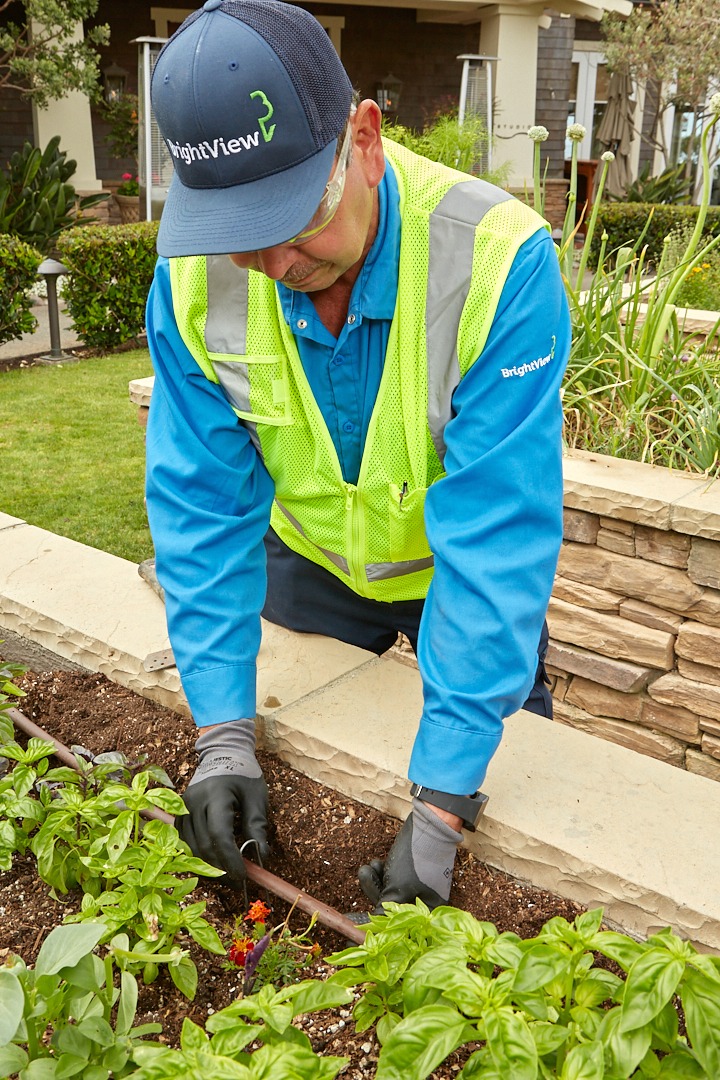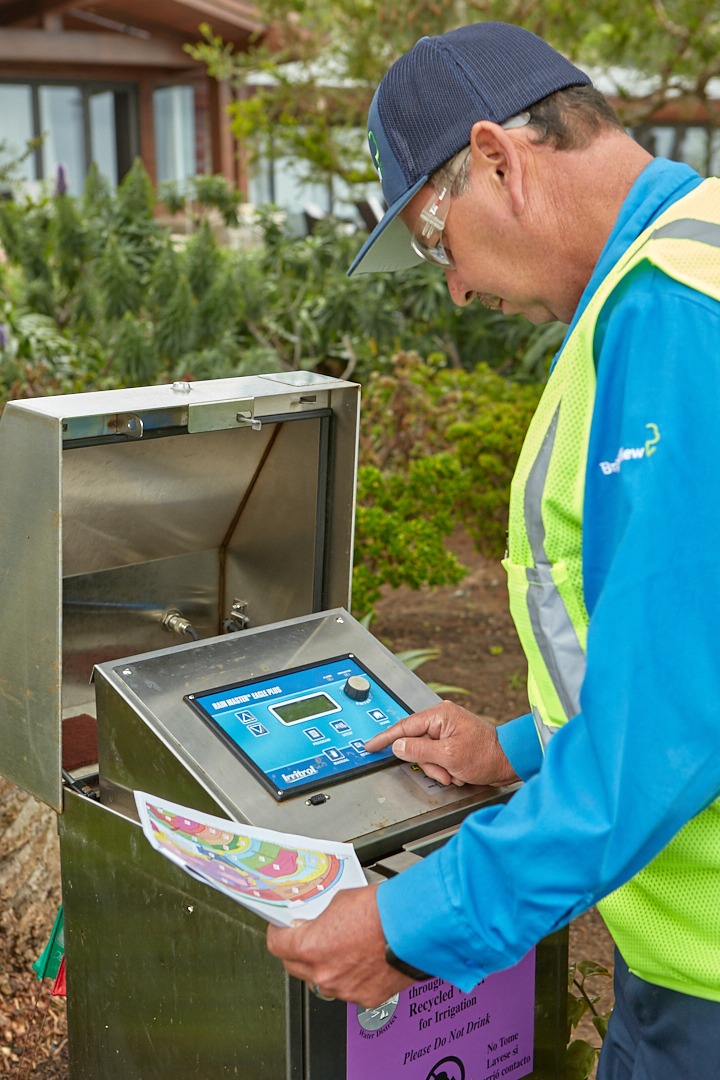
How Water Management Can Lead to Financial Gain
Periodic checks of your water management system will save you money while protecting our water resources

Most landscapes were designed with the beauty of the property being the primary concern. Now that water is less plentiful - and more expensive - it's important to reevaluate your landscape. Improvements to your water management system can save you a lot of money now and in the future. A water audit is a good first step in determining what your needs are and how your water management team can help.
Components of a Water Audit
1. Complimentary Site Evaluation
The first step is the evaluation of the site's potential for water conservation. The site evaluation will tell your team if a complete water audit is necessary. Contact us today to schedule your complimentary site evaluation.
2. Evaluation of System Equipment
If a water audit is deemed necessary, the next step is for the team to inspect your irrigation system. The controllers, valves, and sprinkler heads are inspected for any signs of malfunction.
3. Data Collected on Water Collection, Nozzle Pressures, Throw Distances, and Root Depths
Measuring devices are placed in a grid pattern between the rows of sprinkler heads in the area to be audited. The amount of water collected in each measuring device during a timed interval is recorded. Data is also collected on nozzle pressures, root rotation times, upwind and downwind distances, and typical root depths.

4. Data Collected and Collated
All of the data collected is then calculated to find the actual precipitation rates and delivery capabilities for each area. This information is collated with other data to determine the efficiency of your water system.
5. Irrigation Schedule Developed
Based on the results of the data collection, your water management professionals will determine an irrigation schedule that will deliver the least amount of water necessary to achieve peak plant life. This schedule will be adjusted periodically as the seasons call for it.
Periodic water audits are important to conserve water and save money. Contact your water management team today to schedule your complimentary audit and see where improvements can be made.
Water Management Made Easy
Make it easy to find the water-saving solutions that are right for your property and budget. Plus, get professional advice on ways to reduce waste, recoup costs through savings, and take advantage of rebates where available.



